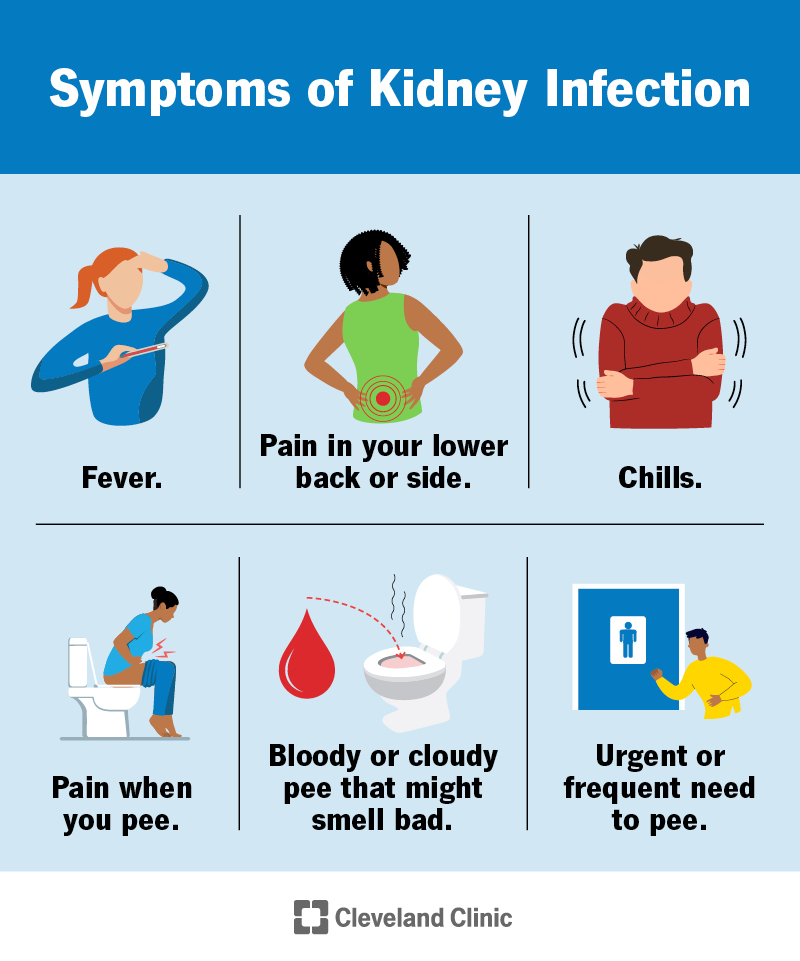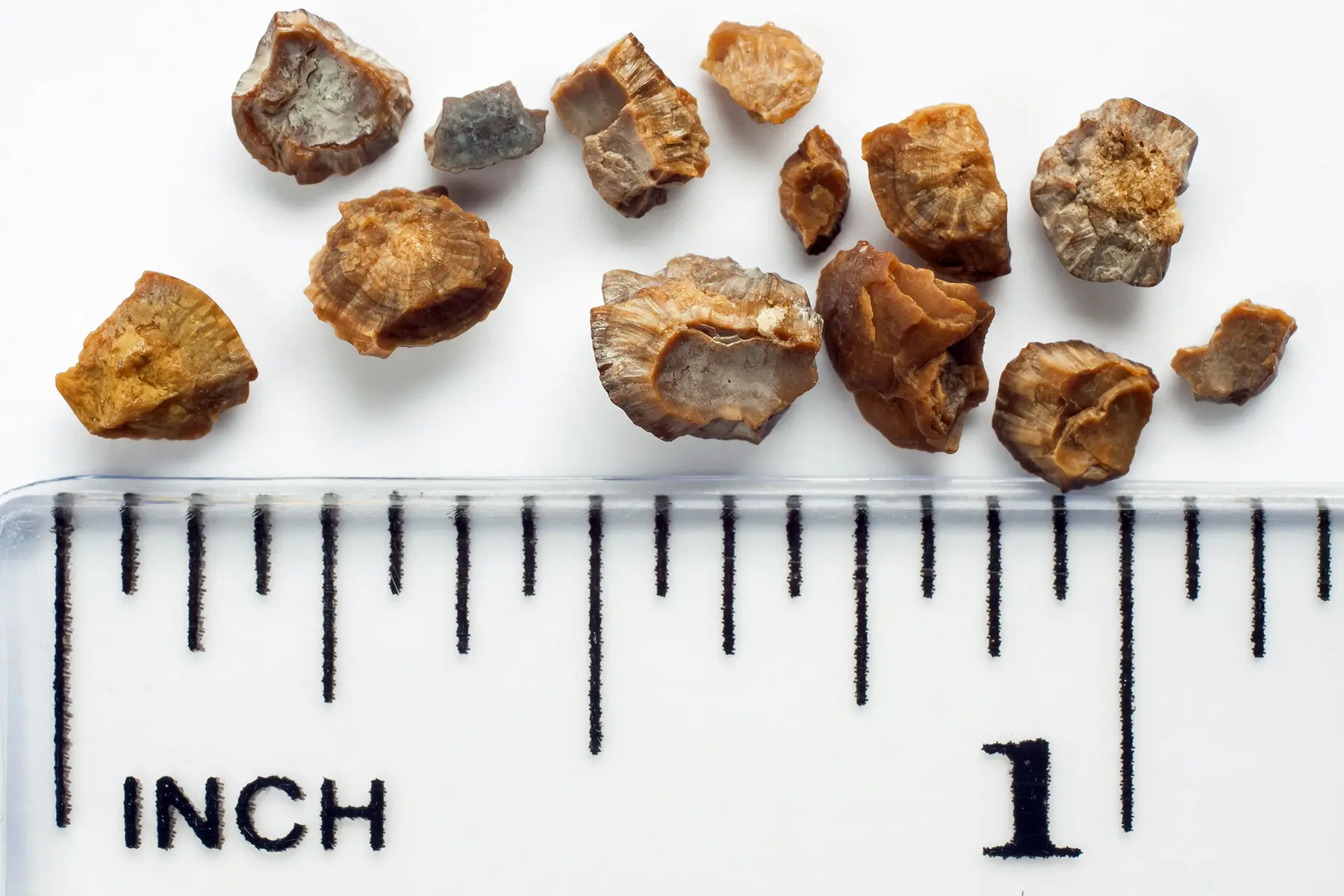How to Differentiate In Between Kidney Stones vs UTI: Key Variables and Diagnostic Tips
How to Differentiate In Between Kidney Stones vs UTI: Key Variables and Diagnostic Tips
Blog Article
Discovering the Effects and Causes of Kidney Stones in Comparison to Urinary Tract Infections: A Thorough Overview
The exploration of kidney rocks and urinary system tract infections (UTIs) reveals a complicated interplay of symptoms and underlying causes that warrant careful examination. While both problems can result in hematuria, they provide distinct scientific functions and develop from various etiological elements. Understanding the nuances of each condition is important for effective diagnosis and monitoring. What are the essential differences in their signs, and just how might these notify treatment strategies? The response to these questions may provide essential understandings into the prevention and care of these common urological concerns.
Introduction of Kidney Stones
Kidney rocks, likewise referred to as renal calculi, kind when particular compounds in the urine crystallize and aggregate, leading to the development of tough down payments within the kidneys. These stones can vary in size, ranging from a grain of sand to a golf ball, and can be made up of different products, the most common being calcium oxalate, uric acid, struvite, and cystine. The development of kidney rocks is influenced by several elements, including dietary behaviors, liquid intake, and hereditary tendency.
Signs of kidney stones might include extreme discomfort in the back or side, blood in the urine, nausea or vomiting, and regular urination, especially as the stone relocates via the urinary system. Medical diagnosis normally entails imaging research studies such as ultrasound or CT scans, alongside urinalysis to recognize the stone's make-up.
Therapy alternatives vary based on the size and kind of stone, along with the intensity of symptoms (Kidney Stones vs UTI). Tiny rocks might pass naturally with raised fluid intake, while bigger stones might call for medical interventions such as lithotripsy or surgical elimination. Recognizing the pathophysiology and danger variables linked with kidney rocks is crucial for reliable avoidance and management
Introduction of Urinary System Infections
Urinary system system infections (UTIs) are usual microbial infections that impact any type of part of the urinary system, including the kidneys, ureters, bladder, and urethra. They mainly happen when germs, frequently from the stomach system, get in the urinary system, leading to swelling and infection.
The prevalence of UTIs is significantly higher in women than guys, mainly due to anatomical differences, such as a much shorter urethra. Danger factors consist of sex, certain contraceptive approaches, urinary system retention, and dehydration. The diagnosis of UTIs is usually verified with urine examinations, which may expose the visibility of microorganisms, leukocyte, or red blood cells.

Signs And Symptoms of Kidney Stones
The discomfort linked with kidney rocks can materialize in numerous means, often leading people to look for medical focus. Among one of the most typical symptoms is extreme discomfort, usually localized in the reduced back or side, which might emit to the abdomen or groin. why not find out more This discomfort, typically called sharp or cramping, can occur all of a sudden and might rise and fall in strength.
In addition, people might experience hematuria, or blood in the urine, which can vary from microscopic total up to visible discoloration. This sign might be come with by adjustments in urinary habits, such as raised frequency or necessity, in addition to pain during urination. Nausea or vomiting and vomiting are likewise prevalent, commonly arising from the body's reaction to intense pain.
Sometimes, individuals might experience high temperature and cools, specifically if a secondary infection establishes as a result of the blockage brought on by the stones. Generally, the combination of extreme pain, hematuria, modified urinary patterns, and stomach signs can supply substantial understanding right into the existence of kidney rocks, necessitating punctual clinical assessment and intervention. Comprehending these signs is crucial for prompt diagnosis and efficient monitoring of the condition.
Signs of Urinary System Tract Infections
Infections within the urinary system often provide a variety of distinctive signs that can substantially affect everyday life. One of the most common signs include a consistent urge to pee, commonly come with by a burning experience throughout urination, referred to as dysuria. People might likewise experience raised frequency of peeing, generating tiny quantities of urine each time.
Other significant signs and symptoms include cloudy or reeky pee, which might indicate the visibility of bacteria or pus. Sometimes, urine may show up red or pink as a result of the existence of blood, a problem known as hematuria. Additionally, people may experience pelvic pain or stress, which can additionally intensify the sensation of urgency.
Systemic symptoms may additionally manifest, such as fever, cools, and tiredness, particularly if the infection has ascended to the kidneys. It is necessary to recognize these symptoms early, as without treatment urinary tract infections can bring about extra severe difficulties. Kidney Stones vs UTI. Motivate medical interest is recommended when these signs are observed, enabling ideal analysis assessment and therapy to alleviate discomfort and stop further wellness issues
Causes of Each Problem
Frequently, kidney rocks and urinary system system infections arise from distinctive yet in some cases overlapping causes that can affect individuals differently. Kidney rocks generally form as a result of metabolic aspects, nutritional options, and hereditary proneness. Boosted degrees of calcium, oxalate, or uric acid in the pee can result in stone development. Dehydration, inadequate fluid intake, and high-sodium diet plans can intensify these conditions, promoting formation within the urinary system tract.

Comprehending these distinct causes my site is critical for prevention and treatment. Kidney Stones vs UTI. While way of living modifications may alleviate the risk of kidney rocks, proper hygiene and timely treatment of urinary tract infections are important for lowering their recurrence and linked issues
Final Thought
In recap, kidney rocks and urinary tract infections existing Click Here unique signs and underlying causes. Kidney stones are defined by serious pain and metabolic aspects, while urinary system system infections primarily entail bacterial infections bring about urinary system urgency and pain. Both problems can result in hematuria, their formation devices differ substantially. Comprehending these differences is vital for reliable diagnosis and therapy, ultimately improving patient results for those affected by either problem.
The expedition of kidney rocks and urinary system system infections (UTIs) discloses a complex interaction of signs and symptoms and underlying causes that warrant mindful assessment.Urinary tract infections (UTIs) are usual microbial infections that impact any part of the urinary system, including the kidneys, ureters, bladder, and urethra.Often, kidney stones and urinary system infections arise from distinct yet in some cases overlapping reasons that can affect individuals in a different way.In summary, kidney stones and urinary tract infections present unique signs and symptoms and underlying causes. Kidney rocks are defined by severe pain and metabolic variables, while urinary system tract infections mostly include bacterial infections leading to urinary system seriousness and pain.
Report this page